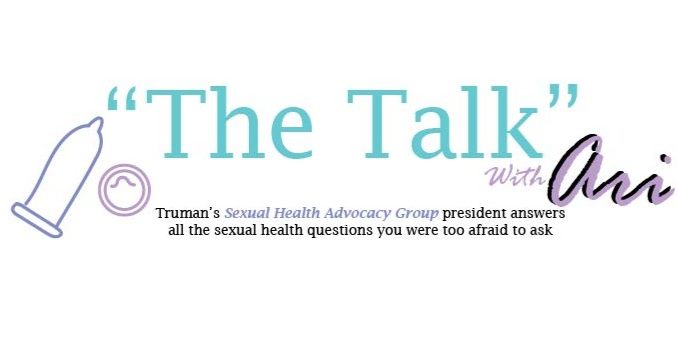
Welcome back, Truman community! While our break seemed short-lived, hopefully we each feel refreshed and rejuvenated for another semester. I want to share something I did over break that might be familiar — dating apps. Whether you have seen online commentary about them or sparked up a conversation yourself, dating apps have been commercialized and discussed over the last decade. As the title suggests, I tried three dating apps and asked around about others to tell you their features and my experience with each of them. My ratings for each app range from one being the worst, to 10 being the best. Each of these apps are similar in that you can build a profile of interests, add photos and link your Instagram to them. You swipe left if you’re not interested and right if you are, as you sift through the profiles offered for you.
Bumble (7.5/10):
Bumble was created at the tail-end of 2014, according to their website, and has been a fan favorite for years. For people who are wary about dating apps, Bumble offers a friend feature and a new business feature for people looking to connect without the romantic aspect. The thing that makes Bumble stand out compared to other dating apps is that women make the first move. For non-heterosexual relationships, whoever swipes last has the ball in their court. Regardless of who has to send the first message, they only have 24 hours to send that first message before their match turns gray and is rejected. Furthermore, once the first person starts the conversation, the other person also has only 24 hours to send that first response before the match goes cold. It is Bumble’s way of urging people to make that first move.
Overall, I give the app 7.5 out of 10. One of the app’s downfalls is that the free version only allows you to find people within 100 miles of your location. In the premium version, you have the option to move around. Another downfall is you have limited likes on the app. For me, I enjoyed starting the conversations, but for people who are anxious or not interested in making the first move, this app would probably not be the one for you. I also found the people on Bumble to be welcoming and I have not experienced any harassment or discomfort. I have had friends who used the BFF option when in a new state or on vacation alone and enjoyed making new friends, so this is an app that can be used long-term for multiple reasons.
Tinder (6/10):
A favorite for some people, Tinder was created in 2012 and has only gained popularity since. Similar to Bumble, the free version allows people to look for singles only in their area. However, Tinder only allows a dating option, so it is strictly a dating app. The other difference from Bumble is that once you match with someone, you have an unlimited amount of time to chat with them and either person can send the first message. They will stay in your matches unless you or the other person unmatch.
I rate Tinder a 6 out of 10. I do not see Tinder as a dating app that you would go on if you are looking for a relationship. Instead, it is a great app for meeting new people or hooking up. I found that most people give their Snapchats or numbers quickly, so people move quickly off the app to other ways for communication.
Hinge (8.5/10):
“The app that’s designed to be deleted,” as Hinge claims, is an app created in 2012, like Tinder. Unlike Tinder, it has gained popularity only in recent years. Hinge is more detailed than the other two apps. When you first sign up, it has different prompts for you to answer, like “Let’s make sure we’re on the same page about…” which makes it easier to strike up a conversation with someone. Moreover, instead of liking a profile in general, you can like a specific photo or prompt on someone’s Hinge profile and comment on it before sending them a like. Then, the person receives the like and gets to decide whether they want to like you back. I rank Hinge 8.5 out of 10 for that feature of mutual interest.
Hinge’s free version also allows you to travel around instead of only staying at your location. You can voice and video call over the app, so you don’t have to share your phone number or another app to have those features. One of the app’s downfalls is that it has limited likes, so you can quickly run out of them. Another downside is that Hinge is known for meeting people in-person, so I had quite a few people ask me whether I wanted to meet in a social-distanced capacity while I was a few states over.
Final Thoughts
There’s a myriad of other dating apps that I haven’t tried out yet, but if you do, please let me know! As the new semester rolls around, you can shoot me an email about any sex education-related questions or join the Sexual Health Advocacy Group, whose new president is Brooke Turner. It is a fantastic group, though I might be biased, and is very welcoming and covers a multitude of subjects. Their meetings are Tuesdays at 5 p.m. in Magruder 1099.
